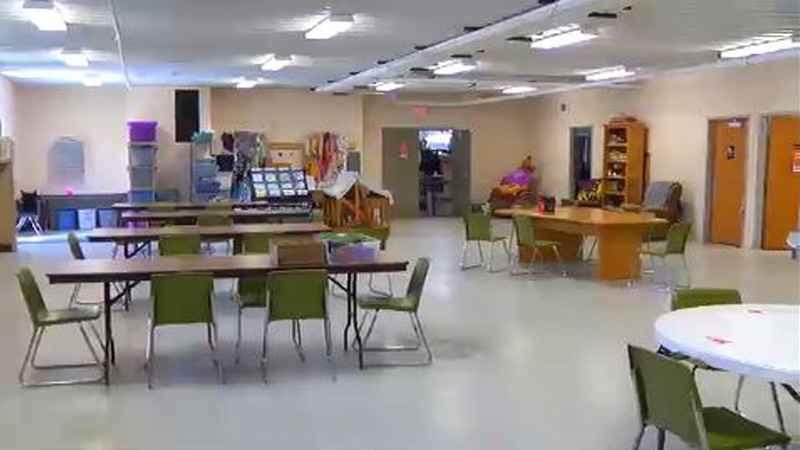Disability service providers plead for Minnesota lawmakers’ help to stay open
[anvplayer video=”4998991″ station=”998122″]
Disability service providers are calling on Minnesota lawmakers for help, saying they are at risk of permanently closing due to financial challenges related to the pandemic.
Program directors testified in a hearing in front of the Minnesota Senate Human Services Reform Finance and Policy Committee, Thursday.
"The bottom line is we need more financial help to make it through the end of the pandemic," said Brenda Geldert, executive director of Options, Inc. in Big Lake, which serves 250 adults with disabilities.
Geldert said Options has lost $1.9 million since April and projects an ongoing loss of $66,000 per month due to mandated closures and ongoing restrictions. She said they have received about $200,000 so far in emergency relief, but that funding makes up only a fraction of what has been lost.
5 INVESTIGATES first documented providers’ pleas for help over the summer and revealed the state’s failure to secure a special waiver that would have given these facilities a financial safety net.

[KSTP]
Last in line: Minnesota disability services on life support with no safety net from the state
Thursday, 5 EYEWITNESS NEWS learned eight programs in Minnesota have now permanently closed.
Most others are operating at 44% of their pre-pandemic revenue, according to Julie Johnson, president and CEO of MSS, another program serving adults with disabilities.
"Others have closed or will be closing some of their programs because they’re simply no longer financially viable," Johnson testified. "That sends fear through local communities when people know providers are right on the edge."
The family of Tina Roemer, a 36-year-old Becker woman with a cognitive disability, told 5 EYEWITNESS NEWS they depend on day training programs, which allow Tina to be employed and volunteer in the community.
State law loophole jeopardizes money intended to help people with disabilities
The family worries that if the programs close permanently there won’t be other local resources to take their place.
"Tina’s reality is that she would be at home. She would be at home every day and not being productive in society," Tina’s mother, Elizabeth Roemer, said. "It gives her a huge amount of purpose to be able to work. Our greatest concern is that places like Options, without extra funding, won’t be available once COVID is over and there won’t be a place for Tina."
The Senate committee vowed to take a closer look at the issue in the coming weeks and follow up with the Minnesota Department of Human Services on strategies to help these providers.
"There’s either got to be extra grants or how do we keep them there, because otherwise, we’re going to lose all these providers," Sen. Paul Utke (R-Park Rapids) said.
Sen. Jim Abeler (R-Anoka) added, "We don’t want just challenges, we want to find a way to get some solutions."
Families who depend on these programs hope lawmakers will find a way to provide extra funding before it’s too late.
"I know Minnesota’s always been really great at providing for the least of these and so I’m hoping that the Legislature hears that, to not forget those that are behind the scenes and those that can’t voice it for themselves," Elizabeth Roemer said.